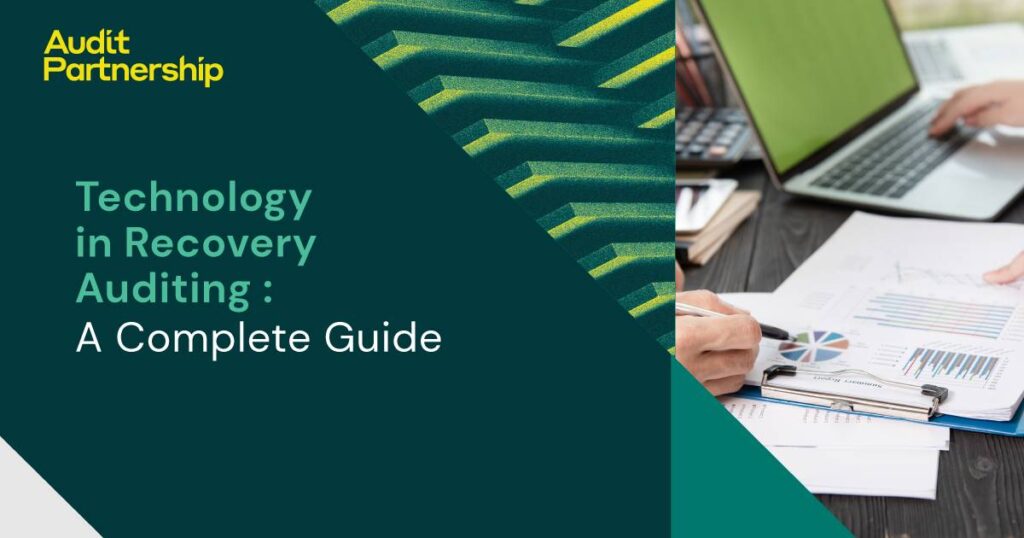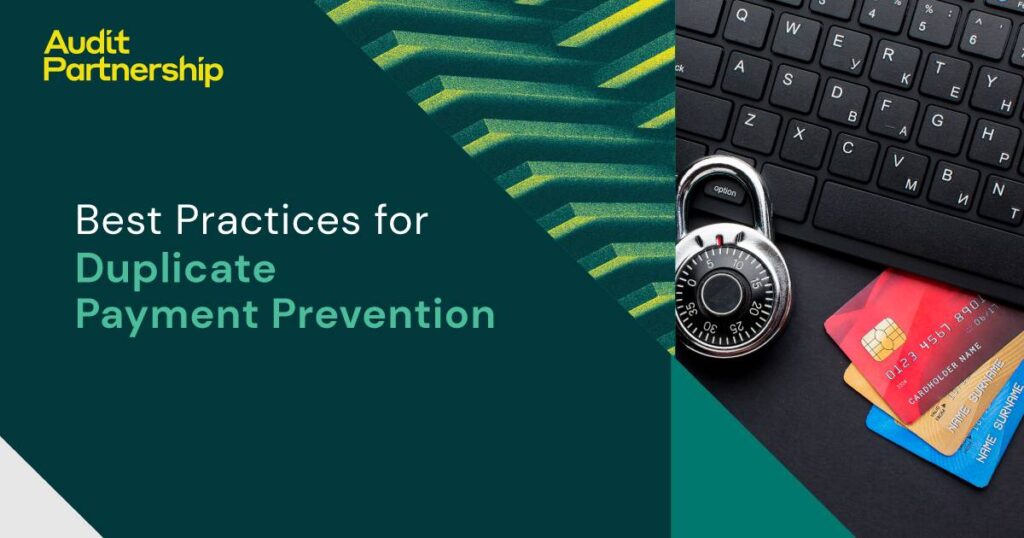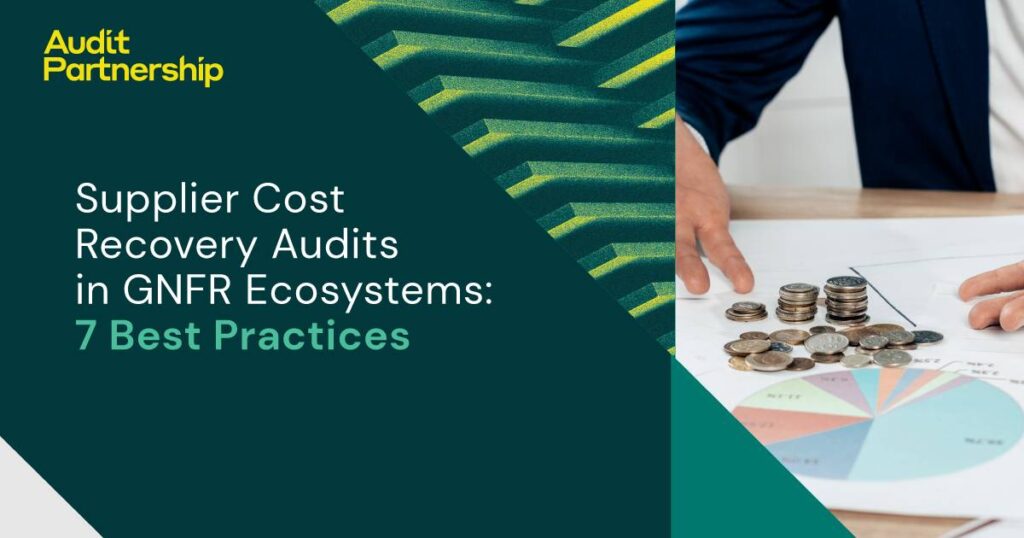Accounts Payable (AP) fraud is a significant threat to organisations of all sizes, causing financial losses and damaging supplier relationships. Analysing the various types of AP fraud and implementing effective prevention and mitigation strategies are vital steps in protecting an organisation’s financial integrity. Here, you’ll learn about some common types of AP fraud prevention and present business strategies for preventing it.
Key Features
- Overview of AP fraud and its implications
- Description of various types of AP fraud
- Actionable fraud prevention strategies
- The importance of how Audit Partnership can enhance your AP processes
Understanding AP Frauds
AP fraud involves various fraudulent activities that control an organisation’s accounts payable processes, leading to unauthorised payments or financial losses. These fraudulent schemes can severely impact cash flow, damage supplier relationships, and undermine overall business integrity. The key to combating AP fraud lies in recognising its various forms and implementing effective prevention strategies.
What are the Types of AP Frauds?
A few common types of AP fraud that can affect organisations include:
1. Billing Schemes
Billing schemes involve fraudulent invoices sent to organisations. These may look genuine but are often for goods or services that were never provided or are inflated in value. Fraudsters may create fake companies or copy legitimate vendors to execute these scams.
2. Cheque Frauds
Cheque fraud occurs when an unauthorised individual changes or constructs a cheque to redirect funds from the organisation’s accounts. This can include changing payee names, changing amounts, or creating fake cheques.
3. Incomplete Goods
This type of fraud happens when goods are paid for but either not delivered or delivered in a significant shortage. Fraudsters may take advantage of flaws in tracking inventory or quality control processes to use gaps in compliance.
4. Reimbursement Fraud
Employees may submit fake or inflated expense claims for reimbursement. This can involve making personal purchases or claiming reimbursement for non-business-related expenses.
5. Email Compromises
Email fraud schemes, such as Business Email Compromise (BEC), involve fraudsters posing as legitimate suppliers or employees and asking for changes to bank details to divert funds to their accounts. These schemes use trust in electronic communications to manipulate payment processes.
3 Ways to Prevent AP Frauds
Implementing strong AP fraud prevention strategies is essential for any small or large business.
Here are 3 effective approaches:
1. Analyse Payment Processes
Conduct a thorough analysis of your payment processes to identify vulnerabilities and inefficiencies. Understanding your workflow will help establish controls to prevent unauthorised payments and quickly identify deviations.
2. Maintain Regular Audits
Regular internal audits of accounts payable can help identify varying payment patterns or disparities. These audits can reveal vulnerabilities and enable corrective actions before fraud occurs. Moreover, try to adapt new technology software solutions like Capture to maintain your accounts and audit process flawlessly.
3. Strengthen the Supplier Onboarding Process
Selecting a stronger supplier onboarding process can significantly reduce the risk of fraud. This includes verifying the legitimacy of vendors, performing background checks and requiring detailed documentation before setting relationships.
How Does Audit Partnership Help with Accounts Payable?
At Audit Partnership, we specialise in enhancing accounts payable processes to prevent fraud. Our mission is to ensure our customers get paid what they are due, so our customers benefit.
We collaborate with some of the largest companies globally to revolutionise their business strategies through custom high-tech audit solutions, such as digital and process optimisations. Our award-winning audit services provide thorough, high-quality evaluations that maximise recoveries and enhance return on investment.
Conclusion
From this blog, you should have an idea that all businesses need to pay attention to the rise in AP fraud and implement processes to protect themselves. Businesses large and small are being hit; could your company be next? Try to be up to date with advanced technology to identify disparities, implement best practices in AP management, and improve controls that safeguard your organisation against potential fraud. By partnering with Audit Partnership, your organisation can strengthen its financial operations and protect its accounts payable.
Frequently Asked Questions (FAQs) – AP Fraud Prevention
1. What is AP fraud?
AP fraud refers to fraudulent activities that exploit accounts payable processes, leading to unauthorised payments or financial losses within an organisation.
2. What are typical AP fraud schemes?
Typical schemes include billing schemes, cheque fraud, reimbursement fraud, incomplete goods, and email compromises.
3. How can we prevent AP fraud?
Preventing AP fraud involves analysing payment processes, conducting regular audits, strengthening supplier onboarding, and automating payment processes.
4. What role does technology play in AP fraud prevention?
Technology like digital solutions can automate workflows, enhance visibility into transactions, and implement alerts or checks that help detect doubtful activities, making it a crucial component of fraud prevention.
5. How can Audit Partnership help my organisation?
Audit Partnership offers expertise in identifying vulnerabilities in your accounts payable processes and implementing strong strategies to safeguard your organisation from potential fraud risks.







